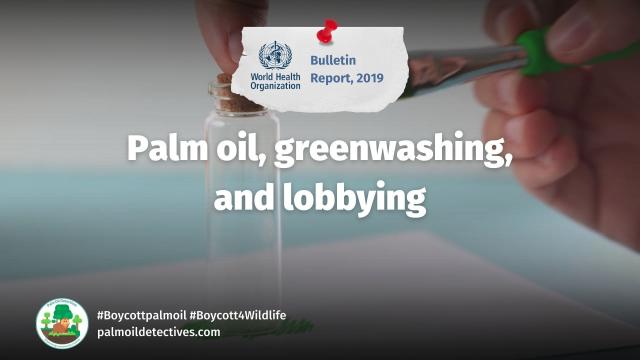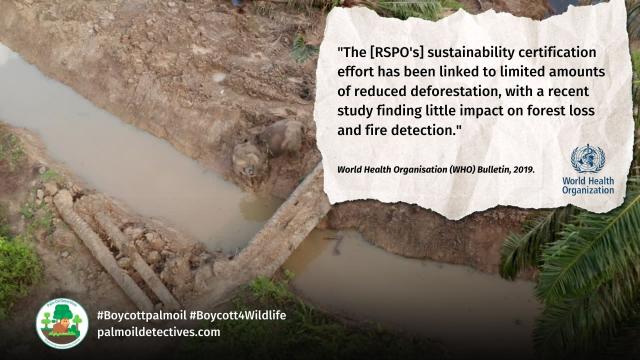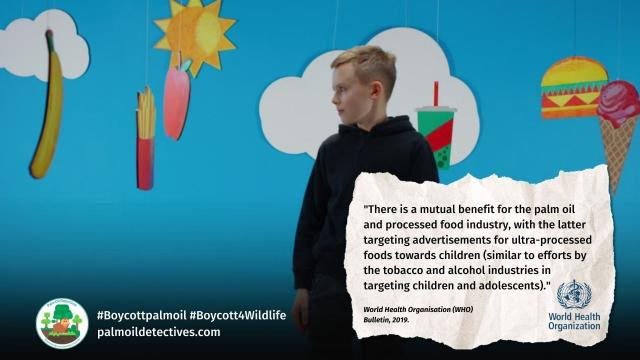Search
Items tagged with: tobacco
The markets are watching: deforestation becomes a boardroom issue - Geographical
Investors are waking up to the financial risks of deforestation. As new regulations loom, big brands face pressure to clean up supply chains – or risk reputational and market fallout In most cases, deforestation is driven by global demand for everyda…Mark Rowe (Geographical Magazine)
Pygmy Hippopotamus Choeropsis liberiensis
The rare and secretive Pygmy Hippopotamus clings to survival as their forest habitat is destroyed for palm oil and meat, help them when you boycott palm oil!Palm Oil Detectives
Pygmy Hippopotamus Choeropsis liberiensis
The rare and secretive Pygmy Hippopotamus clings to survival as their forest habitat is destroyed for palm oil and meat, help them when you boycott palm oil!Palm Oil Detectives
wp.me/pcFhgU-10X?utm_source=ma…

Okapi: African Unicorns
Deep in the heart of Africa, in the dense tropical rainforests of the Democratic Republic of the Congo (DRC), there lurks a very curious creature. With long legs and predominantly dark brown coat o…Palm Oil Detectives
Pygmy Hippopotamus Choeropsis liberiensis
In the dwindling rainforests of West Africa, a rare and secretive #hippo clings to survival. The Pygmy #Hippopotamus (Choeropsis liberiensis) is a shy, nocturnal #mammal, distinct from its larger, …Palm Oil Detectives
White-bellied Pangolin Phataginus tricuspis
The White-bellied Pangolin also commonly known as the Tree Pangolin are fascinating creatures akin to giant pest controllers, estimated to consume around 70 million insects per year. #Pangolins don…Palm Oil Detectives









